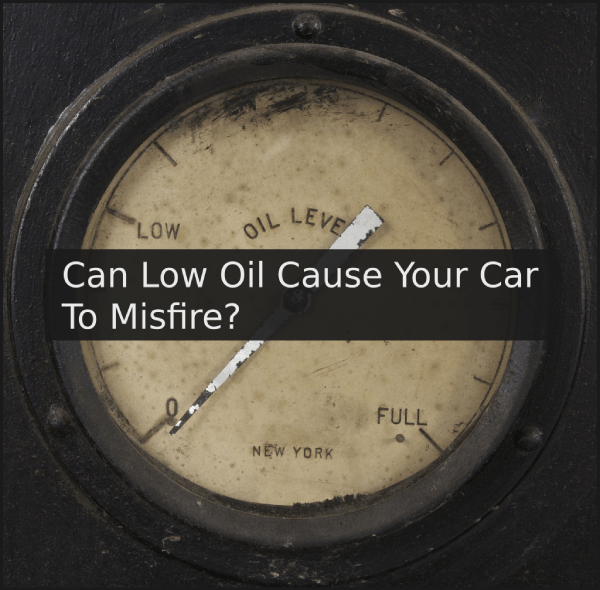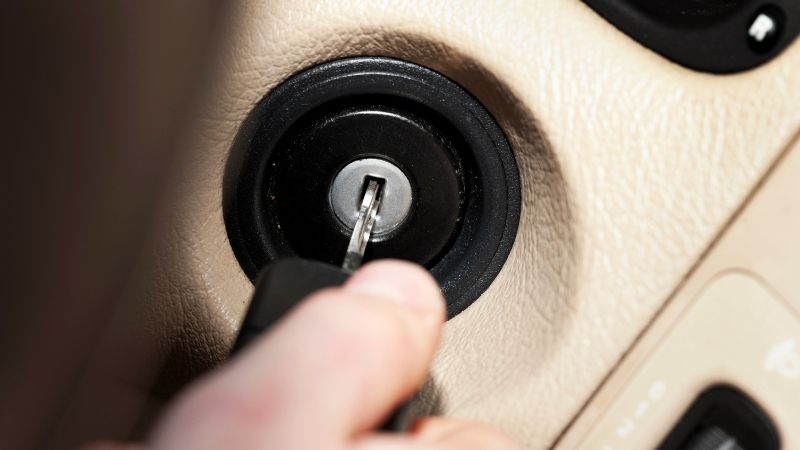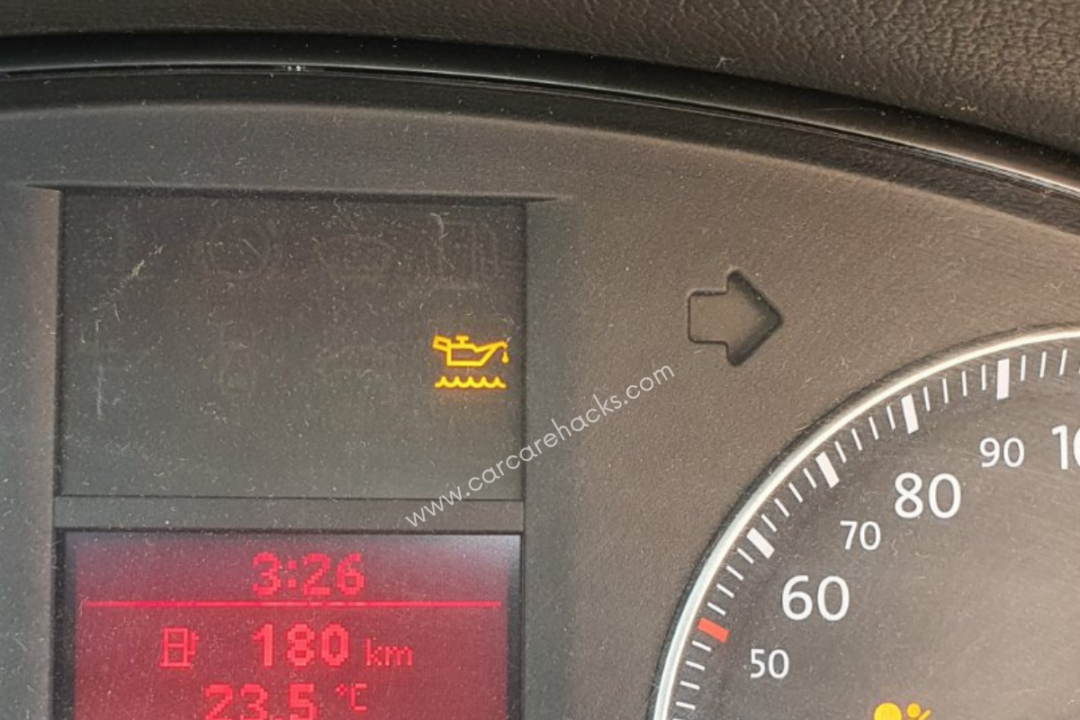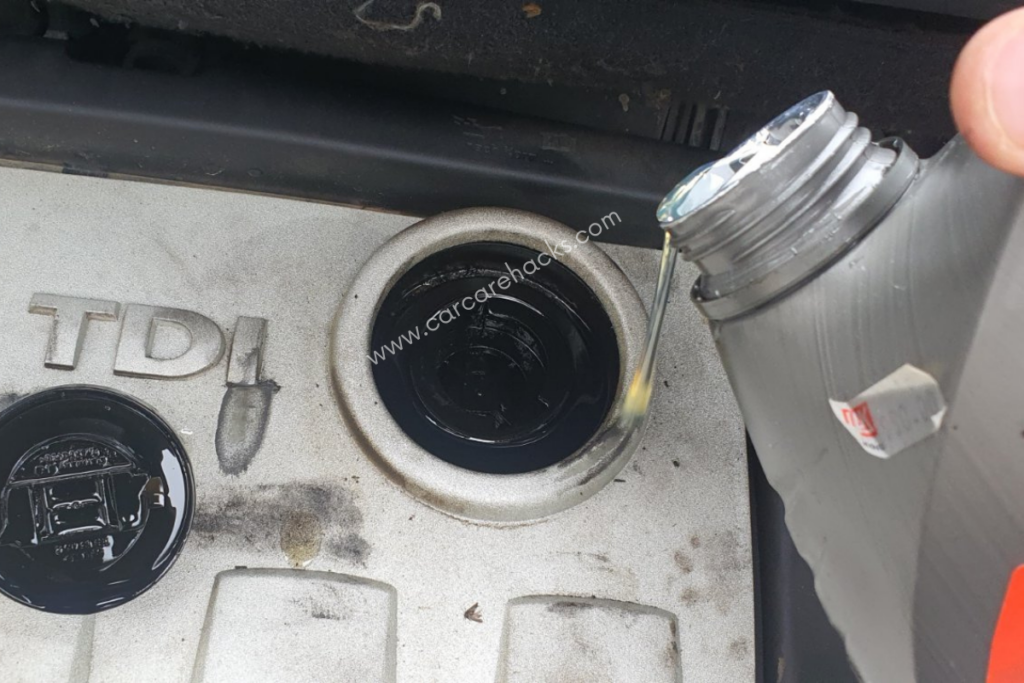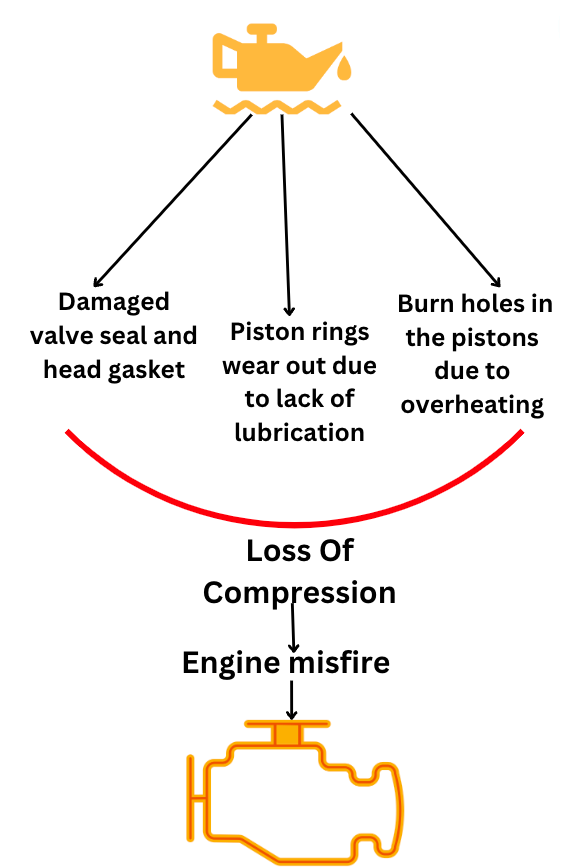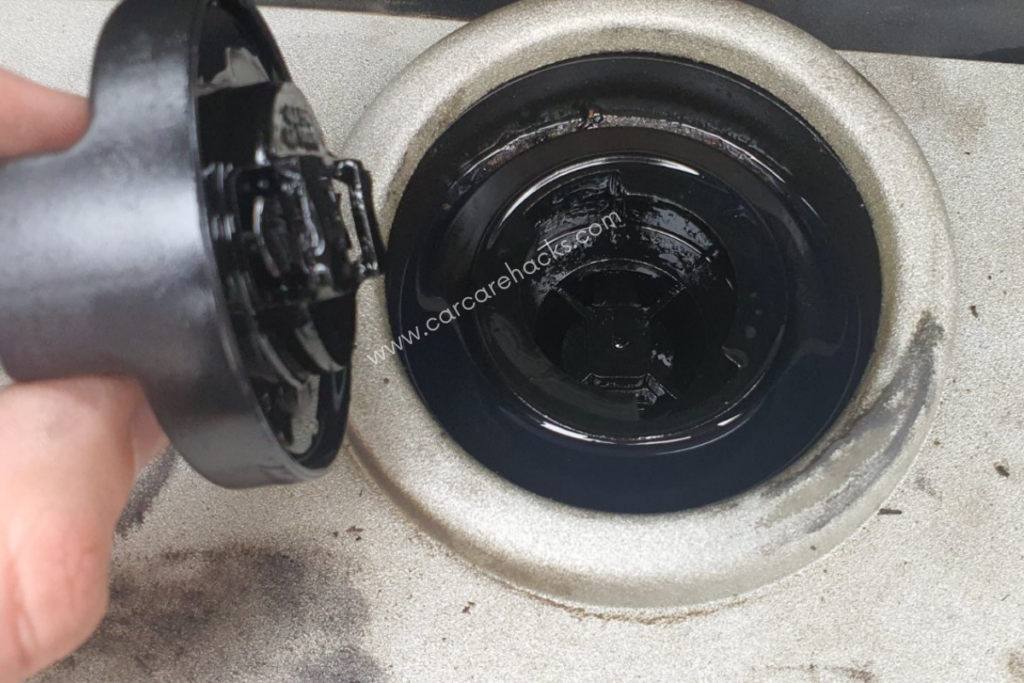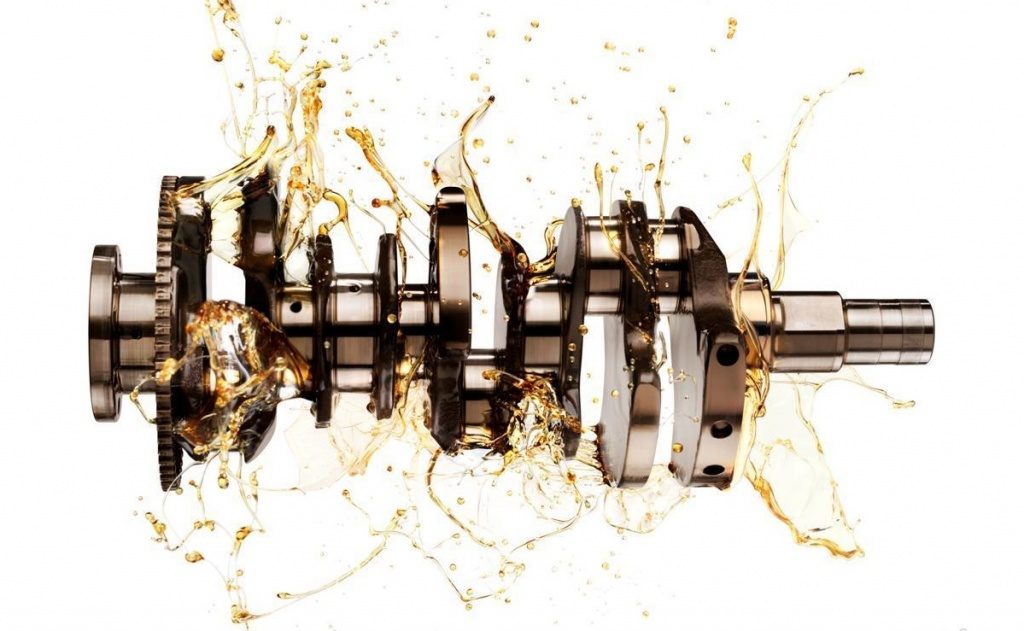Can Low Oil Cause A Misfire
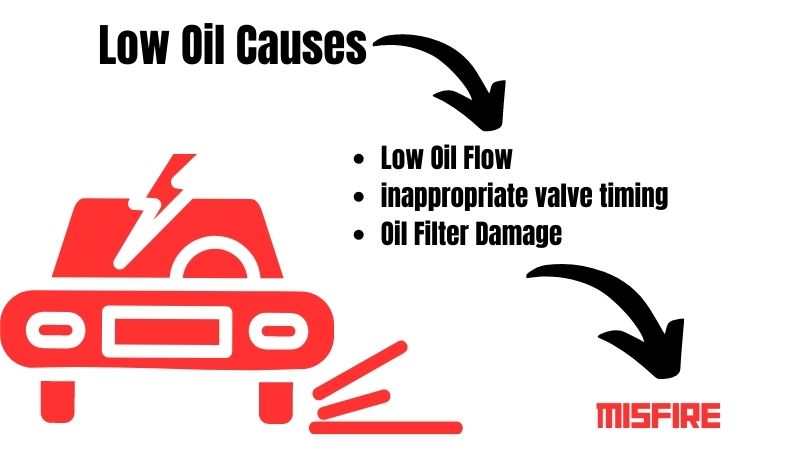
The persistent rumble of a misfiring engine can be a driver's worst nightmare, often attributed to faulty spark plugs, ignition coils, or fuel injectors. However, a less commonly considered culprit is low engine oil, prompting the question: Can low oil actually cause a misfire? The answer, while not always straightforward, leans towards yes, under specific circumstances.
This article delves into the intricate relationship between engine oil levels and engine performance, exploring how inadequate lubrication can indirectly trigger misfires, and what measures drivers can take to prevent such issues. Understanding this connection is crucial for maintaining vehicle health and avoiding potentially costly repairs.
The Nut Graf: Connecting Low Oil to Misfires
While low oil isn't a direct cause of misfires in the same way a faulty spark plug is, it can create conditions that lead to them. Primarily, low oil can lead to increased engine wear and tear, overheating, and, in severe cases, damage to critical engine components. These conditions can, in turn, indirectly cause or exacerbate misfires.
The underlying mechanism involves compromised lubrication, which affects various engine parts. Specifically, low oil can lead to reduced oil pressure. This is crucial because proper oil pressure is needed for the Variable Valve Timing system (VVT) to work. Low oil pressure may also affect the hydraulic lash adjusters and other components of the engine.
How Low Oil Contributes to Engine Problems
Engine oil serves multiple critical functions, including lubricating moving parts, cooling the engine, cleaning contaminants, and sealing combustion gases. When oil levels are low, these functions are compromised. This compromise can cause a chain reaction of negative effects.
Reduced lubrication leads to increased friction between engine components like pistons, connecting rods, and the crankshaft. This increased friction generates excessive heat and accelerates wear. Consequently, the affected components may not operate as intended, potentially impacting valve timing and compression, both essential for proper combustion.
Variable Valve Timing (VVT) and Misfires
Many modern engines utilize Variable Valve Timing (VVT) systems to optimize engine performance and fuel efficiency. These systems rely on oil pressure to adjust the timing of the intake and exhaust valves.
Low oil levels can result in inadequate oil pressure, preventing the VVT system from functioning correctly. When the valve timing is off, the air-fuel mixture entering the cylinders may not be optimal, leading to incomplete combustion and, ultimately, a misfire.
The Role of Hydraulic Lash Adjusters
Hydraulic lash adjusters, also known as hydraulic lifters, are used in some engines to maintain proper valve clearance. These adjusters rely on oil pressure to function correctly.
If the oil level is low and the oil pressure drops, the lash adjusters may not properly compensate for valve train wear, resulting in excessive valve lash. This can cause the valves to open or close at incorrect times, leading to misfires and a noisy engine.
Human Interest: The Mechanic's Perspective
"I've seen it happen too many times," says John Smith, a seasoned mechanic with over 20 years of experience. "A customer comes in complaining about a misfire, and the first thing they checked is spark plugs, ignition coils, and fuel injectors. They often overlook the simple things, like checking the oil level. Low oil might not be the first thing you think of, but it can definitely create a domino effect, leading to bigger problems down the line."
He further explains, "Especially with modern engines that rely heavily on oil pressure for things like VVT, maintaining the correct oil level is absolutely crucial. Neglecting it can lead to expensive repairs and a lot of frustration."
Preventative Measures and Best Practices
The best way to prevent misfires caused by low oil is to adhere to a regular maintenance schedule. Check the engine oil level at least once a month, and more frequently if you notice any warning lights or unusual engine noises.
Follow the manufacturer's recommended oil change intervals. Use the correct type and grade of oil for your vehicle. Address any oil leaks promptly to prevent oil loss and maintain optimal engine performance.
If you suspect a misfire, don't ignore it. Have your vehicle inspected by a qualified mechanic. Early diagnosis and repair can prevent further damage and save you money in the long run.
Conclusion: The Importance of Vigilance
While low engine oil may not be the most common cause of misfires, it's a contributing factor that should not be overlooked. Maintaining proper oil levels is a fundamental aspect of vehicle maintenance and can significantly impact engine performance and longevity.
By staying vigilant and proactive with oil checks and maintenance, drivers can minimize the risk of misfires and other engine problems. Ultimately, a well-maintained engine is a reliable engine, and that peace of mind is worth the effort.



